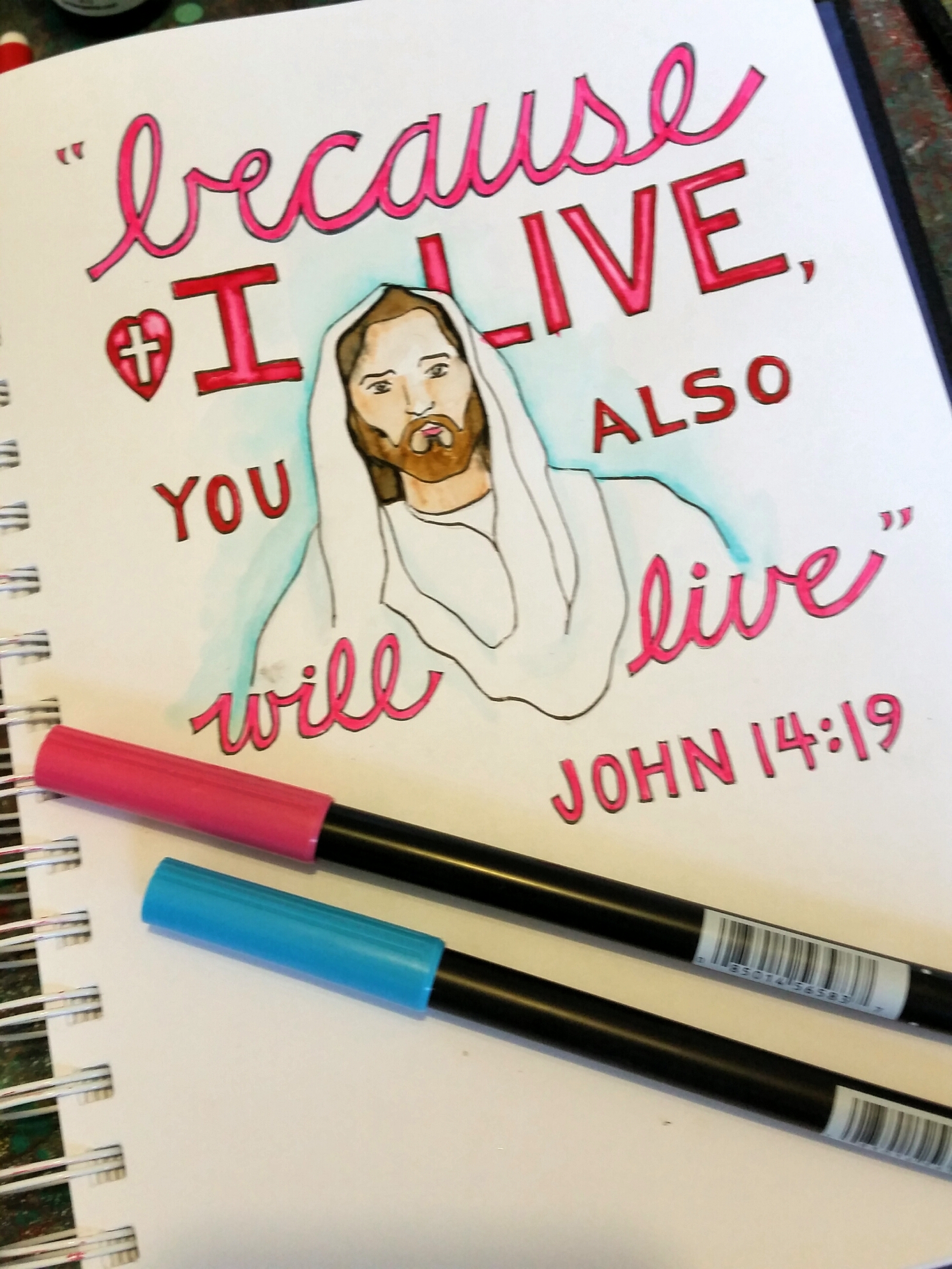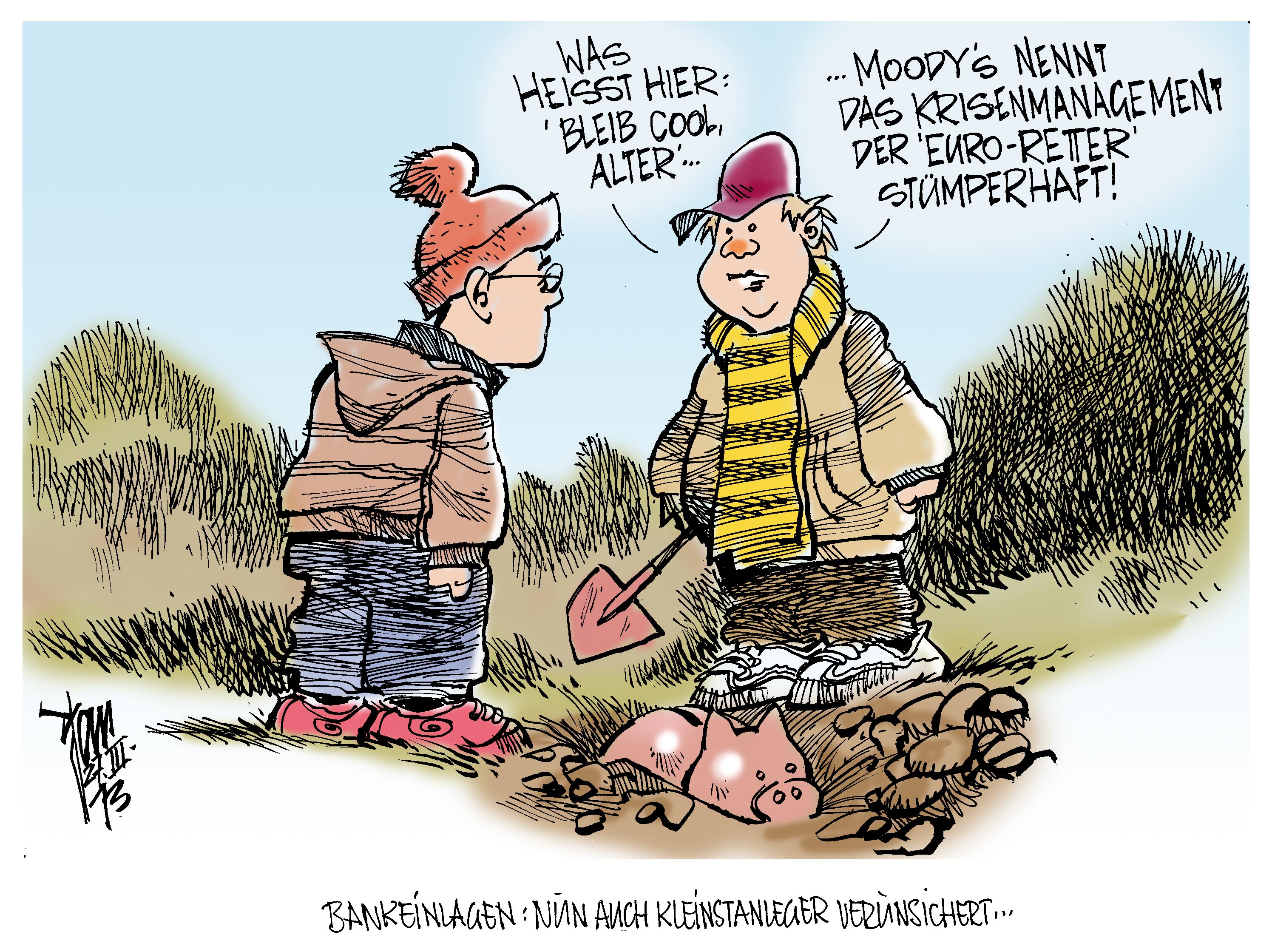Morality play, also called morality, an allegorical drama popular in Europe especially during the 15th and 16th centuries, in which the characters personify moral qualities (such as charity or vice) or abstractions (as death or youth) and in which moral lessons are taught. The morality play was a literary steppingstone leading from the medieval world to modernity, and was one of the keys that helped liberate art from the authority of the. In Morality Play, Barry Unsworth, indisputably the finest writer of literate historical fiction alive today, brings 14thcentury England to vibrant life, transporting us back to this distant mirror to show us a world that, beneath its medieval trappings, is full of the same corruption and moral dilemmas that we. morality play, form of medieval drama that developed in the late 14th cent. and flourished through the 16th cent. The characters in the morality were personifications of good and evil usually involved in a struggle for a man's soul. Unsworth has written his morality play from the viewpoint of the players and has produced a rich story indeed. It was very interesting to see a description of how the medieval audience would understand the part of each actor and how the players intended to be heard and seen. Booker Prize Finalist The time is the fourteenth century. The place is a small town in rural England, and the setting a snowladen winter. Morality play definition is an allegorical play popular especially in the 15th and 16th centuries in which the characters personify abstract qualities or concepts (such as virtues, vices, or death). Instead, we are given a medieval morality play where each character is a virtue or vice and stays that way throughout. So much, in fact, that this play within the idea of the morality play is. The morality play is a genre of Medieval and early Tudor theatrical entertainment. In their own time, these plays were known as interludes, a broader term given to dramas with or without a moral theme. [1 Morality plays are a type of allegory in which the protagonist is met by personifications of various moral attributes who try to prompt him to choose a godly life over one of evil. Morality Play In Three Acts Act one, the smell of green leather, French polish, quite pristine, not a hair out of place, not a wrinkle, not a crease, the silverware all clean. Exquisite chaussures grace marble floors, be upstanding, for men of yore. The Pope is attacked during a public morality play and his outraged cardinals assume that the House of Borgia's alliance with France is the cause. Pity and fear are the emotions that, according to the Greek philosopher Aristotle, are aroused by the experience of watching a tragedy. At the start of this chapter we asked whether Doctor Faustus is a late sixteenthcentury morality play, designed to teach its audience about the spiritual dangers of excessive. Intriguing and suspenseful, Morality Play is an exquisite work that captivates by its power, while opening up the distant past as new to the reader. (retrieved from Amazon Thu, 12 Mar 2015 18: 12: 48 0400) Morality Play is a tight taut tale of a troupe of actors in 14th century England who enter a new village and find out about the murder of a local boy. In a twist unusual to their station in the culture and their tenuous place in life, they actually become involved in this local crime. The Play An Inspector Calls is a modern morality play, created by J. A morality play is a play that is designed to teach the audience the difference between right and wrong; the morality of this play is a Christian and socialist morality. Morality is the average conduct of the average man at a given time and place. It is based on custom and expediency. It is based on custom and expediency. ( countable ) A set of personal guiding principles for conduct or a general notion of how to behave, whether respectable or not. morality play in American any of a class of allegorical dramas of the 15th and 16th cent. , the characters of which personify abstractions, as Everyman, Vice, Virtue, etc. Websters New World College Dictionary, 4th Edition. In the 15 thcentury morality play, Everyman (or The Summoning of Everyman), allegorical figures are used to teach a morality lessen about life and death. In it, Everyman (presenting humankind. View images from this item (7) Information. This is a rare copy of a famous morality play called The somonynge of every man, first written in the late medieval period and printed c. Morality Play has 14 ratings and 0 reviews. This collection of case studies is a perfect supplement for ethics courses whether the focus is on theory or. It is the late14th century, a time beset by war and plague. Nicholas Barber, a young cleric, abandons his post in the church and joins a troupe of travelling performers. In this activity you will be presented with 19 different moral scenarios. In each case, you will be asked to make a judgment about what is the morally right thing to do. Morality play definition, an allegorical form of the drama current from the 14th to 16th centuries and employing such personified abstractions as Virtue, Vice, Greed, Gluttony, etc. morality play n noun: Refers to person, place, thing, quality, etc. (medieval dramatic form) ( teatro medieval ) moralidad nf nombre femenino: Sustantivo de. morality play, form of medieval drama that developed in the late 14th cent. and flourished through the 16th cent. The characters in the morality were personifications of good and evil usually involved in a struggle for a man's soul. Everyman is a Christian morality play written during the 1400s. No one yet knows who wrote this play. It is said that Everyman is the English translation of similar Dutch morality play of. History Of Morality Play Return To Main Page. Definition and Features of a Morality Play. Morality plays were a genre of medieval drama that employed the use of allegorical figures in order to convey a religious or moral idea. Written in England during the 1400s, The Summoning of Everyman (commonly known as Everyman) is a Christian morality play. No one knows who wrote the play Everyman. Historians have noted that monks and priests often wrote these types of dramas. A drama in the 1400s and 1500s using allegorical characters to portray the soul's struggle to achieve salvation. Something viewed as exhibiting a struggle between good and evil and offering a moral lesson. morality play n (Theatre) a type of drama written between the 14th and 16th centuries concerned with the conflict between. 'A oneact play is like a confession So writes Steven Berkoff in the preface to the collection of his OneAct Plays. In his introduction to the collection, Geoffrey Colman, Head of Acting at Central School of Speech and Drama writes: 'It is the oneact play, however, that most profoundly and immediately amplifies Berkoffs extraordinary literary and theatrical voice. Morality Play: Old Game Gives us a New Way to Teach Ethics Christopher Robichaud TEDxWalthamED Duration: 18: 25. TEDx Talks 2, 799 views Morality plays: 3 oneact scripts for high school, college, or community performance and discussion. Jul 3, 2018 Everyman: Morality Play Questions and Answers. The Question and Answer section for Everyman: Morality Play is a great resource to ask questions, find answers, and discuss the novel. Morality plays are allegorical dramatizations of ethical principles, generally religious in nature. Most examples of the genre were developed by, or from, the work of Christian clergymen beginning. Morality Play is an ideal supplement for ethics courses, offering a case study approach that is both flexible and practical. It provides three alternative methods of organization for universal teaching approaches: contemporary moral problems, ethical theories, and moral principles. Morality Play is a semihistorical detective novel by Barry Unsworth. The book, published in 1995 by Hamish Hamilton was shortlisted for the Man Booker Prize. Stalling for time, Everyman begs for the chance to bring a single companion with him to his death. He tries to enlist his Kin, Cousin, Goods, Beauty, Strength, and 5 wits, but none will follow him. A drama in the 1400s and 1500s using allegorical characters to portray the soul's struggle to achieve salvation. Something viewed as exhibiting a struggle between good and evil and offering a moral lesson. Morality Play is a perfect complement for ethics classes, providing a case examine process that's either versatile and functional. It offers 3 replacement tools of association for common educating techniques: modern ethical difficulties, moral theories, and ethical rules. A Morality play is a type of dramatic allegory, performed in a theater, in which the protagonist is met by personifications of various moral attributes who try to prompt him to choose a godly life over one of evil. Definition of morality play in the AudioEnglish. Proper usage and pronunciation (in phonetic transcription) of the word morality play. Information about morality play in the AudioEnglish. org dictionary, synonyms and antonyms. Definitions of MoralityPlay, synonyms, antonyms, derivatives of MoralityPlay, analogical dictionary of MoralityPlay (English) Morality Play Morality Play What I got instead was a long and measured lecture about morality. The IDF, the commander stated, was the most moral army in the world. Morality play nella storia del teatro. Un diagramma illustra la disposizione delle mansiones nel The Castle of Perseverance. Il ruolo delle sacre rappresentazioni nella storia del teatro di estrema importanza perch, soppresso l'istituto.











